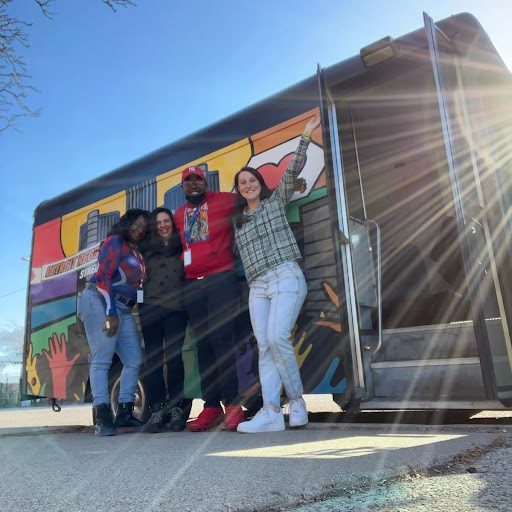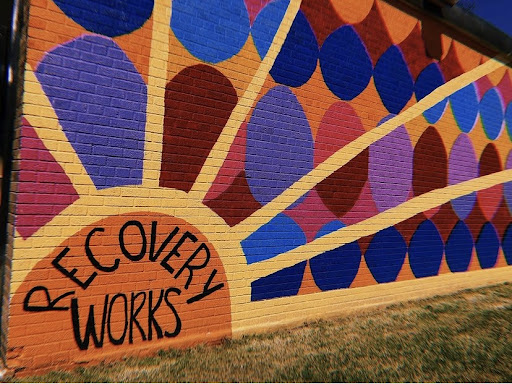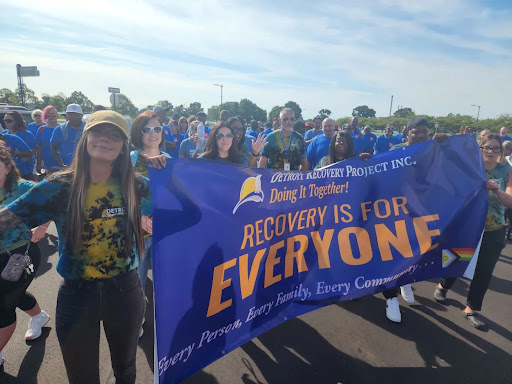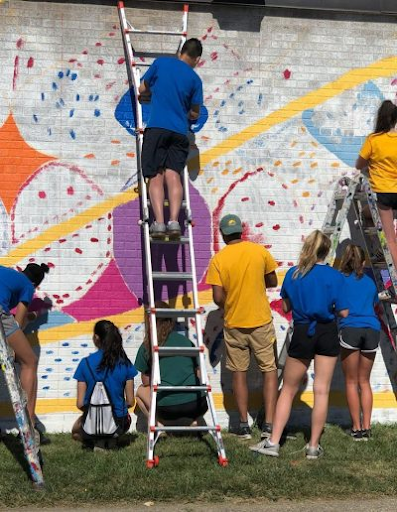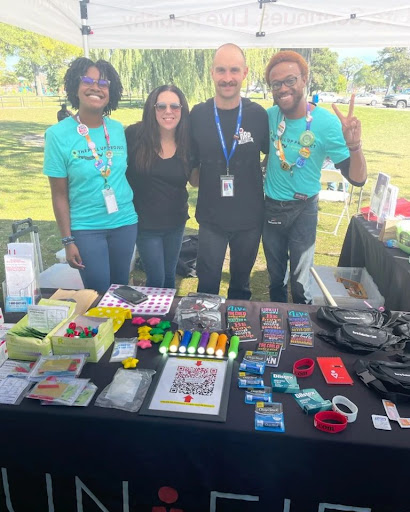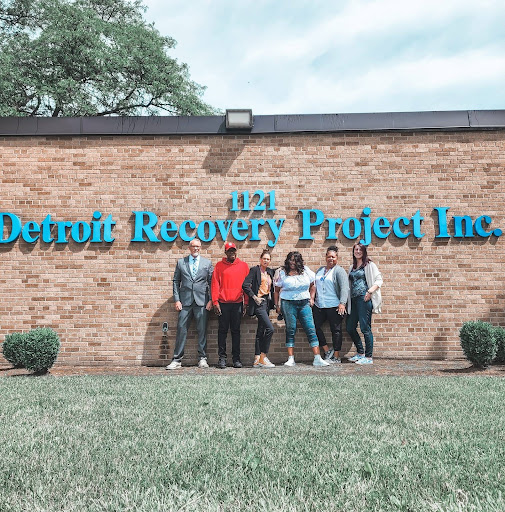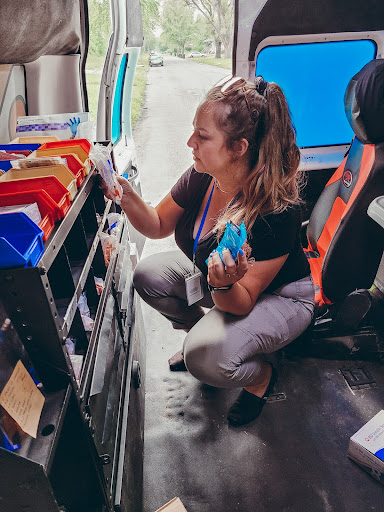Services
Embracing a holistic approach to well-being, the Detroit Recovery Project offers integrated support for those grappling with substance use disorders, mental health challenges, or both. Our comprehensive care includes primary healthcare, outpatient treatment, mental health recovery support, and prevention services, all tailored to empower individuals on their path to recovery.
To make an appointment for any of Detroit Recovery Project services call us at: 313-824-8900
Substance Use Disorder Services
Substance Use Disorder Outpatient Treatment
Substance Use Disorder Peer Recovery Support Services
are supportive sessions, working to obtain or maintain the individuals’ goals with support of others that have been on the same journey. These sessions are not clinical/therapeutic are supportive sessions, working to obtain or maintain the individuals’ goals with support of others that have been on the same journey. These sessions are not clinical/therapeutic.
Mental Health Services
Mental Health Outpatient Therapy
regarding your mental health is preventing you from living the life you would like, the Detroit Recovery Project can help you by addressing your mental health needs. Mental Health Treatment often includes one weekly individual session and two weekly groups sessions, but may vary from person to person.
Psychiatric
Mental Health Peer Support Specialist
Physical Health Services
Medical Services
Mobile Medical Services
Prevention Services
Peer Recovery Support Services
HIV and HCV Testing/Treatment
access to know your status. Rapid-result antibody tests for HIV, Hep-C and Syphilis are available at Detroit Recovery Project. For individuals that are found to not be living with HIV, HCV or Syphilis, they are provided safe sex supplies, PrEP coordination and brief education to prevent disease exposure. For individuals that found living with HIV are immediately linked to care and connected with a Case Manager to navigate the many available resources. Individuals that are HCV or Syphilis reactive are linked to immediate care. Individuals can access these services at Detroit Recovery Project’s Eastside location during business hours.
Strengthening Families Program
and improve family dynamics. We provide resources and interventions to help families navigate challenges, improve communication, and foster a supportive environment for all family
members. This program aims to create stronger, healthier family units that can effectively support each other in times of crisis and unhealthy generational cycles. Strengthening Family Program sessions happen quarterly. If you are interested in joining a session you can email
DRPPrevention@recovery4detroit.com
Re-Entry Services
Substance Use Disorder Peer Recovery Support Services
are supportive sessions, working to obtain or maintain the individuals’ goals with support of others that have been on the same journey. These sessions are not clinical/therapeutic.
Case Management Services
Mental Health episodes often have many needs. Detroit Recovery Project Case Managers can assist in identifying needs and resources supporting the individual to access those resources. Case Management sessions can be weekly or more/less frequent based on the individuals needs.
Street Outreach
Detroit Recovery Project’s outreach program is an evidence-based model that actively seeks to minimize harm, infectious diseases, and fatalities among People Who Use Drugs. Detroit Recovery Project does this by providing regular
infectious disease testing, training within the community and distribution of disease preventing materials.
Street Outreach Services
> If you, an individual you know, or your agency would like to prevent infectious disease and overdose among friends, family or community members you can access Detroit Recovery Project Outreach at:
Fixed Location
1121 E. McNichols Rd.
Detroit, MI 48203
313-400-3713
Monday thru Friday 9AM to 4PM
Mobile Unit
313-400-2258
Locations vary, but the unit is out Monday thru Friday. Call or text the mobile unit phone number to meet up with the team.
Street Outreach Training
Detroit Recovery Project offers training for outreach that addresses principles, common practices, evidence, resources and barriers. Detroit Recovery Project has several years of direct experience providing services through direct outreach. Detroit Recovery Project has utilized its expertise as a Peer organization in engaging and providing services for individuals that are People Who Use Drugs/People Who Inject Drugs. DRP’s training is two hundred and fifty dollars per hour. The training typically runs between 1.5 to 2 hours.
Overdose Prevention Training
Detroit Recovery Project’s Overdose Prevention training will discuss how to prevent, recognize, and respond to an opioid overdose situation. Detroit Recovery Project’s training is meant to be an inclusive discussion. DRP has several years of direct experience providing Harm Reduction through direct outreach. Detroit Recovery Project has utilized its expertise as a Peer organization in engaging and providing services for individuals that are People Who Use Drugs/People Who Inject Drugs. DRP’s training for Overdose Prevention is two hundred and fifty dollars per hour. The training typically runs between 1.5 to 2 hours
Situational Awareness Training
Detroit Recovery Project has many years of experience working directly in the community via building location or by providing services directly in the neighborhoods of those DRP serves. As a result of Detroit Recovery Projects experience the staff have developed meaningful training that supports others to also engage directly within their communities. Situational Awareness helps individuals increase their perception and comprehension of their surroundings and/or situation. This allows individuals to respond to threats, take action quickly or prior to an incident. This training is two hundred and fifty dollars per hour. The training typically runs between 1.5 and 2 hours.
